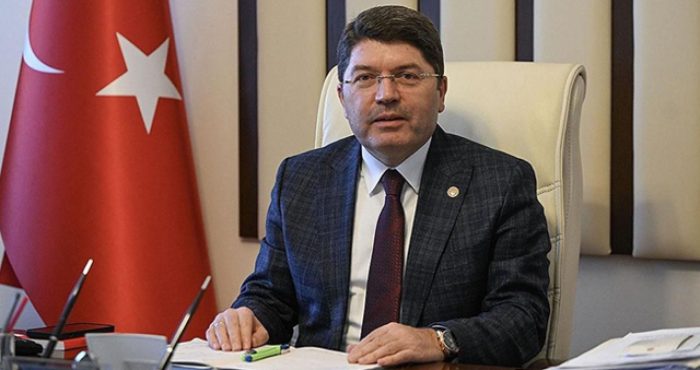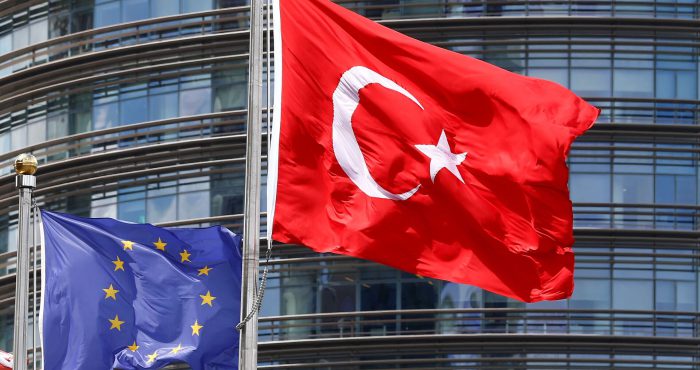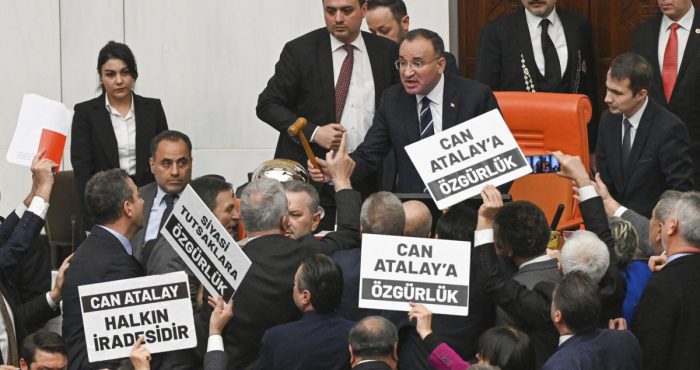Turkish mainstream media, once owned mostly by business groups, has now come under the control of pro-AK Parti groups such as Turkuvaz Medya, owned by a family close to President Erdoğan. A couple of years ago one of the only remaining conservative newspapers, Hürriyet, and its owner Doğan Media were acquired with loans granted to Demirören (a business group that supports the AK Parti) by Turkey’s state-owned agricultural support bank, Ziraat Bank.
While independent media exists, the capacity and economic means of these independent outlets are no match for those of the pro-AK Parti media. The gap created by the lack of a sufficiently independent media has resulted in flourishing social media commentary and activity. Across the internet, many political bloggers, YouTubers and the like have emerged and proliferated. As seen during the latest local elections and with İmamoğlu’s victory in the Istanbul mayoral elections, social media has gained considerable influence over public opinion, competing with that of pro-AK Parti media.
The Turkish Radio and Television Broadcasting Superior Board, RTÜK, recently issued a regulation controlling the internet broadcasting of radio, television and on-demand streaming. This caused great public anxiety around fears that it might enable the Board to restrict or censor the relatively free and liberal social media.
The RTÜK Board consists of nine members appointed by the parliament. These nine members are nominated by political parties proportionally to their seats in parliament. As a result, a parliamentary majority means a majority on the Board. The quorum for the Board’s meetings and resolutions is 5 out of 9. Accordingly, the ruling AK Parti has a majority on the Board thereby enabling significant influence.
The Board is authorised to grant broadcasting licenses and to determine the conditions for these licences. It is also authorised to screen broadcasting and broadcasters and has the power to implement measures ranging from interrupting broadcasting to ordering the removal of content. The Board may also implement such measures on the grounds of editorial principles set out by the law which states that broadcasting “may not be contrary to the national and moral values of society, the general moral framework.” The Board may apply to the Judge of Peace for interruption of unlicensed broadcasting or for the elimination of content.
The public, especially those who have resorted to social media instead of mainstream media, harbour serious concerns and distrust towards the Board, largely for the following reasons:
a) The understanding and construction of “the national and moral values of society, the general moral framework” by the majority members of the Board (appointed by the AK Parti – and ultimately by or with the approval of Mr Erdoğan) is markedly restrictive;
b) The Judge(s) of Peace, who are appointed by the Judicial Council (the HSK, whose own members are also under the AK Parti’s influence) are not trusted by the public;
c) As it is traditional in the judiciary, in their adjudication of judicial matters, to rely on government institutions’ reasons, determinations and causes of motion, the public is concerned that the overreliance of the Judge(s) of Peace on government institutions will give way to restrictions on media freedom. Indeed this fear was crystallized when the Ankara Judge of Peace ordered the cessation of access to bianet.org without justification upon the request of the Gendarmerie General Command. Rather than simply blocking specific content, the entire site, containing more than 200,000 articles dating back to 1998, was blocked. The administrative courts before which the Board’s resolutions and transactions may be challenged are also appointed by the same Judicial Council, the HSK;
and
d) The Turkish judiciary is inefficient and is not fully independent or truly accountable.
The RTÜK Board also determines the annual dues for internet broadcasting services, often setting them at relatively high amounts: annual dues for internet radio TL 10,000 (approx. US$1,800); internet Television and on-demand streaming at TL 100,000 (approx. US$18,000).
The public is also concerned about the lack of clarity surrounding the regulations because the highly technical terminology is not easily understood. The “individual communication” that is exempted from the regulation may cause ambiguity as to the scope and extent of when and how these rules apply. Indeed, “individual communication” has been made an exception in both on-demand streaming, internet television and radio broadcasting but the definition can be ambiguous as it is described as “communications and influencing between people”. Does this mean only “one-to-one” or “one-to-many” communication?
A pluralistic media in terms of media outlets, owners and broadcasters, is probably the most important element of a full democracy and prevailing rule of law. Public trust in critical democratic institutions continues to be eroded because Turkey does not have a fully independent, efficient (in terms of addressing all matters in time and in their entirety) and truly accountable judiciary, which in turn can hold other public institutions to account. The judiciary simply does not hold the people’s confidence. Without a trusted judiciary, these fundamental rights, especially freedom of opinion and expression, may not be safeguarded and without free and pluralistic media, violations of fundamental rights cannot be heard publicly.
Addressing public concern and to establish and strengthen public confidence in democratic institutions starts with making the judiciary fully independent, efficient and truly accountable. This is the first step in ensuring these two institutions can act in their essential and reciprocal role – to instil full democracy in Turkey.




